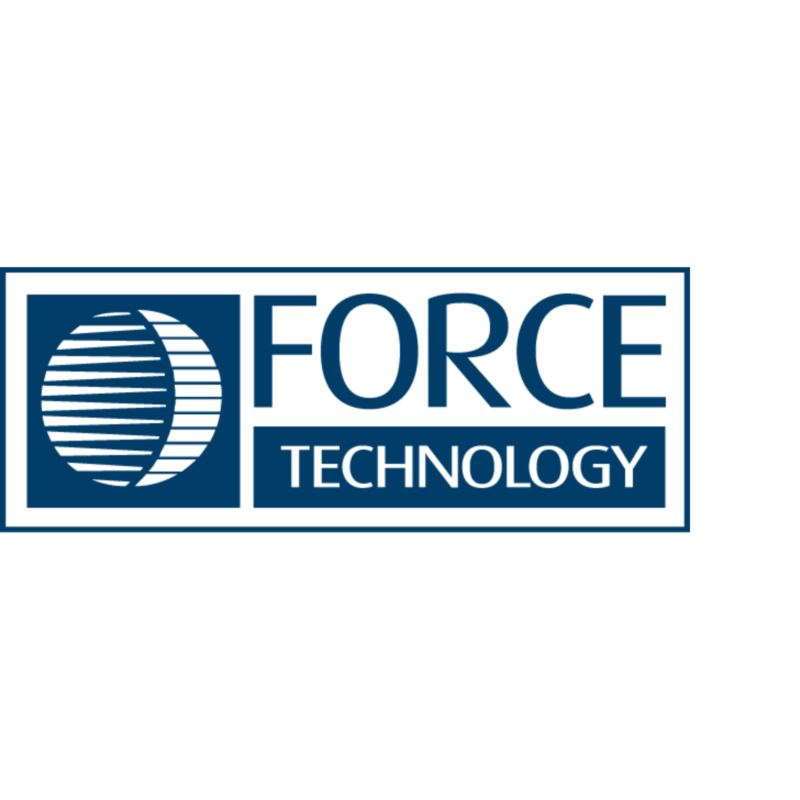Companies have been sharing data in bilateral, trusting relationships for decades. For example, they may trade information in closed supply chains to make vendor-managed inventories possible or in the finance space to automate invoicing and payment flows.
However, an ecosystem is far more complicated. For example:
- The data involved is often more complex, and the parties do not align on data ontology in advance. If no industry standard exists, parties may negotiate proprietary standards.
- Mechanisms for ensuring data is used as agreed are much harder to enforce and monitor.
- Value from data needs to be shared within the ecosystem to keep parties interested in contributing. Imbalances quickly lead to dropouts that may endanger the stability of business models.
On the positive side, opportunities from industrial ecosystems are substantially higher than for data-sharing setups that function as one-trick ponies. As data sharing expands beyond single use cases and data usage, participants may explore different types of innovation. These may involve blending data with other sources as mentioned above, applying machine learning or artificial intelligence, or extracting value from streams of real-time data that might diminish as the data becomes stale. With the proliferation of IoT devices and Industry 4.0 adoption, ever-growing amounts of data – with largely unexplored value in many cases – are becoming available.
Industrial data ecosystems also play an important role in the successful use of digital twins. A digital twin is a virtual representation of a machine, a production line, or even an entire production environment such as a factory or (as in semiconductor or battery production) a network of factories. While bilateral data sharing might be sufficient for implementing a digital twin of a single machine, extending its scope requires a more advanced approach: a shared digital twin involves multiple partners and suppliers, each with specific interests, available data, and internal capabilities for leveraging and share information.
Technical solutions are needed for receiving, storing, and sharing – and, depending on ecosystem policies and rules, processing and analyzing – data from the ecosystem’s different members. Many industrial companies have extensively considered specialized data and IoT platforms to help them master their data sharing challenges. And they have a wealth of options: in recent years, more than 1,000 such offerings have hit the market [1]. However, many industry decision makers feel that these platforms only partially meet expectations. While they generally provide a solid basis for hosting massive data volumes or showing real-time data streaming patterns, they fall short in terms of collaboration and sharing capabilities. Often, they are only designed for single-party use. Big cloud hyper-scalers often offer more flexible platform services and allow companies to share data more openly while staying in full control of these data assets.
[1] VDMA: Plattformökonomie im Maschinenbau. Herausforderungen – Chancen – Handlungsoptionen
To the next part.









